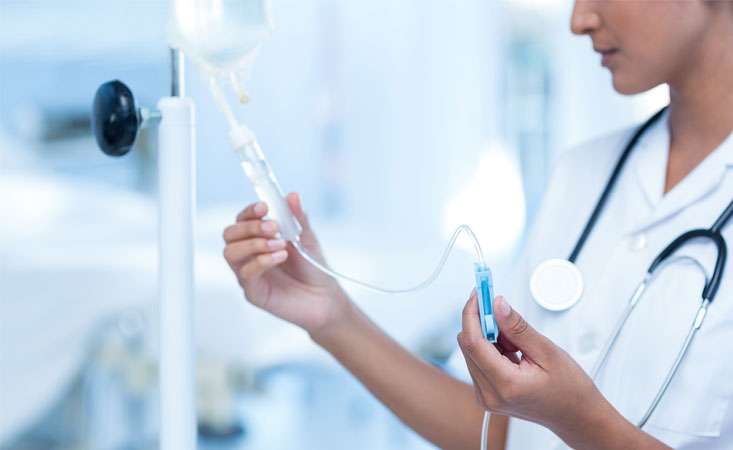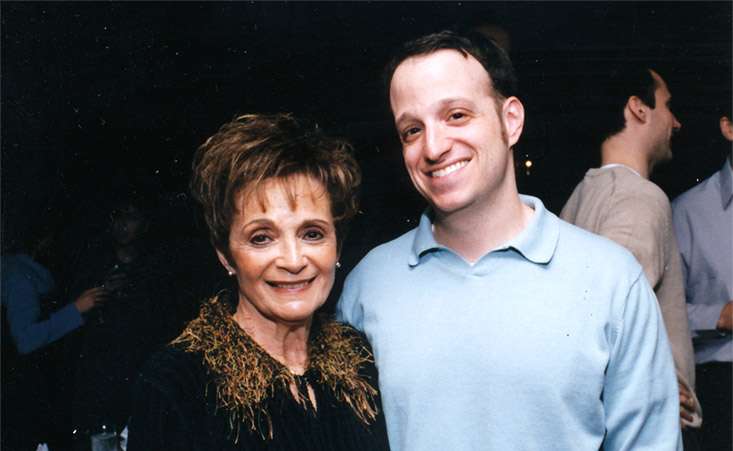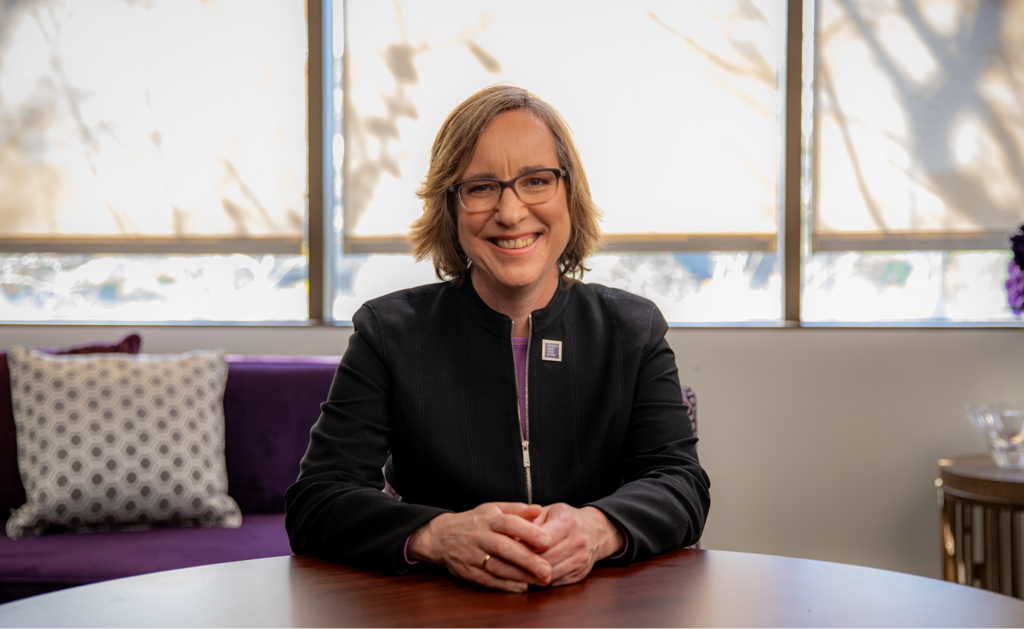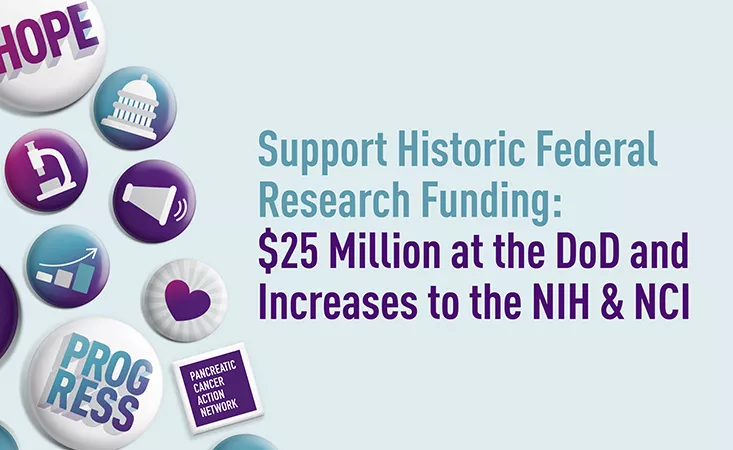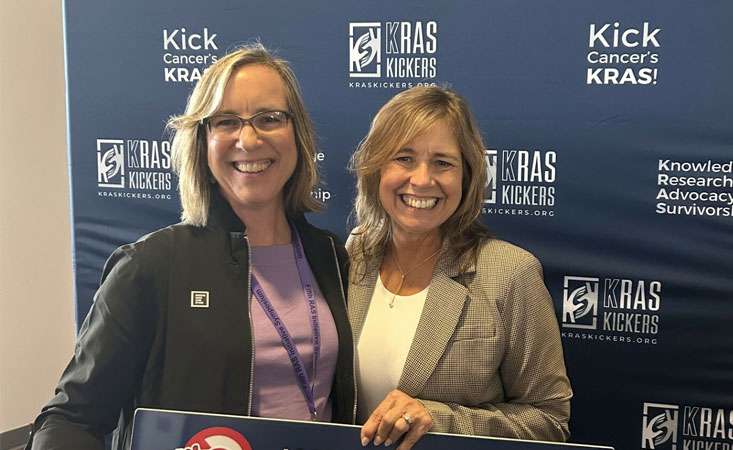
People of Ashkenazi Jewish descent are at higher risk of developing pancreatic cancer because they are more likely than other groups to have a BRCA1 or BRCA2 mutation. These mutations increases a person’s lifetime risk of developing pancreatic cancer and some other cancer types.
Knowing your risk can help lead to earlier detection and better outcomes for people who will be diagnosed. Here, we take a close look at BRCA1 and BRCA2 mutations and strategies to manage risk.
What is the connection between pancreatic cancer and Ashkenazi Jewish ancestry?
Ashkenazi Jews have a higher rate of mutation in BRCA1 and BRCA2. These mutations, often referred to as the “breast cancer genes,” increase both men’s and women’s lifetime risk of developing several types of cancer, including pancreatic.
Data suggest that around one in 40 individuals of Ashkenazi Jewish descent carry a BRCA1 or BRCA2 mutation. This rate is estimated to be about 10 to 20 times higher than in the general non-Ashkenazi Jewish population, according to recent research.
What are the BRCA1 and BRCA2 genes?
The BRCA1 and BRCA2 genes belong to a class of genes known as tumor suppressors, which help control the growth of cells. Their job is to help fix any errors in DNA that may be present. When these genes are mutated, cells may grow uncontrollably, which can lead to the development of tumors.
While the majority of BRCA1 and BRCA2 mutations in the Ashkenazi Jewish population are inherited, they can also develop over a person’s lifetime due to modifiable risk factors, like smoking.
How are BRCA1 and BRCA2 mutations inherited?
Every person has two copies of the BRCA1 and BRCA2 genes – one copy from each parent. If a person’s parent has a BRCA1 or BRCA2 mutation, there is a 50% chance that the child will inherit the same mutation.
If a person inherits two mutated copies of BRCA1 or BRCA2, they may develop a rare blood disorder known as Fanconi anemia. Fanconi anemia is very rare and can cause bone marrow failure, as well as increase the risk of some cancers, including pancreatic.
What does it mean if I inherit a BRCA1 or BRCA2 mutation?
Having a mutated or defective copy of the BRCA1 or BRCA2 gene does not mean a person will develop pancreatic cancer. However, the risk is approximately 2 to 6 times higher than those without the mutation. Additionally, people with a BRCA1 or BRCA2 mutation may develop pancreatic cancer at an earlier age than the general population.
Around 4-7% of patients with pancreatic adenocarcinoma (the most common type of pancreatic cancer) have a BRCA1 or BRCA2 mutation. In Ashkenazi Jewish individuals who develop pancreatic cancer, research shows approximately 5.5-19% have a BRCA1 or BRCA2 mutation.
The risk of developing pancreatic cancer varies depending on the BRCA gene that is mutated. For BRCA1 mutations, the increased risk is estimated to be less than 5%, while BRCA2 mutations may increase a person’s risk of developing pancreatic cancer by approximately 5-10%. Those with germline mutations in ATM or BRCA2 are now recommended for screening even if there is no family history of the disease.
How can I find out if I have inherited a BRCA1 or BRCA2 mutation?
Any person who is concerned about their risk of inheriting a BRCA1, BRCA2 or any genetic mutation that may increase their risk of developing pancreatic cancer should consult with a genetic counselor. A genetic counselor is a healthcare professional who assesses a person’s risk of developing hereditary (inherited) diseases over time and can provide information on genetic testing. Depending on a person’s family history, a genetic counselor may recommend genetic testing in order to identify any mutations that may be present. Genetic testing used to identify BRCA1 and BRCA2 mutations typically involves the individual providing a blood or saliva sample to be tested.
Why is it helpful for pancreatic cancer patients to know if they have a BRCA1 or BRCA2 mutation?
The knowledge that a person with pancreatic cancer has inherited a BRCA1 or BRCA2 mutation is important to make their treatment plan as effective as possible because research has shown that pancreatic cancer patients who have a BRCA1 or BRCA2 mutation may benefit from specific therapies.
It is also helpful for family members of patients with pancreatic cancer to know their own family medical history. High-risk individuals may need active surveillance/screening. Screening recommendations for each person usually depend on combined factors like family medical history of pancreatic or other cancers, whether a person has any genetic mutations and age. Doctors will also consider the specific type of BRCA mutation that an individual has to determine what screening may be appropriate. For example, those with BRCA2 mutations are now recommended for screening even if there is no family history of the disease, according to National Comprehensive Cancer Network guidelines.
What if I have a BRCA1 or BRCA2 mutation and a family member who has been diagnosed with pancreatic cancer?
If you are a first-degree relative (parent, child or sibling) of someone diagnosed with pancreatic cancer, you may have an increased risk of developing pancreatic cancer. Your family member with pancreatic cancer is strongly recommended to undergo genetic testing for inherited mutations. Negative results often mean you do not need to get genetic testing. If the results are positive, unknown or if you have several close family members with cancer, PanCAN recommends you consult with a genetic counselor to determine if you should get genetic testing for inherited cancer risk and if you should discuss options for surveillance.
For more information on BRCA1 and BRCA2 mutations, how to locate a genetic counselor in your area, genetic testing and pancreatic cancer treatments, contact PanCAN Patient Services.


